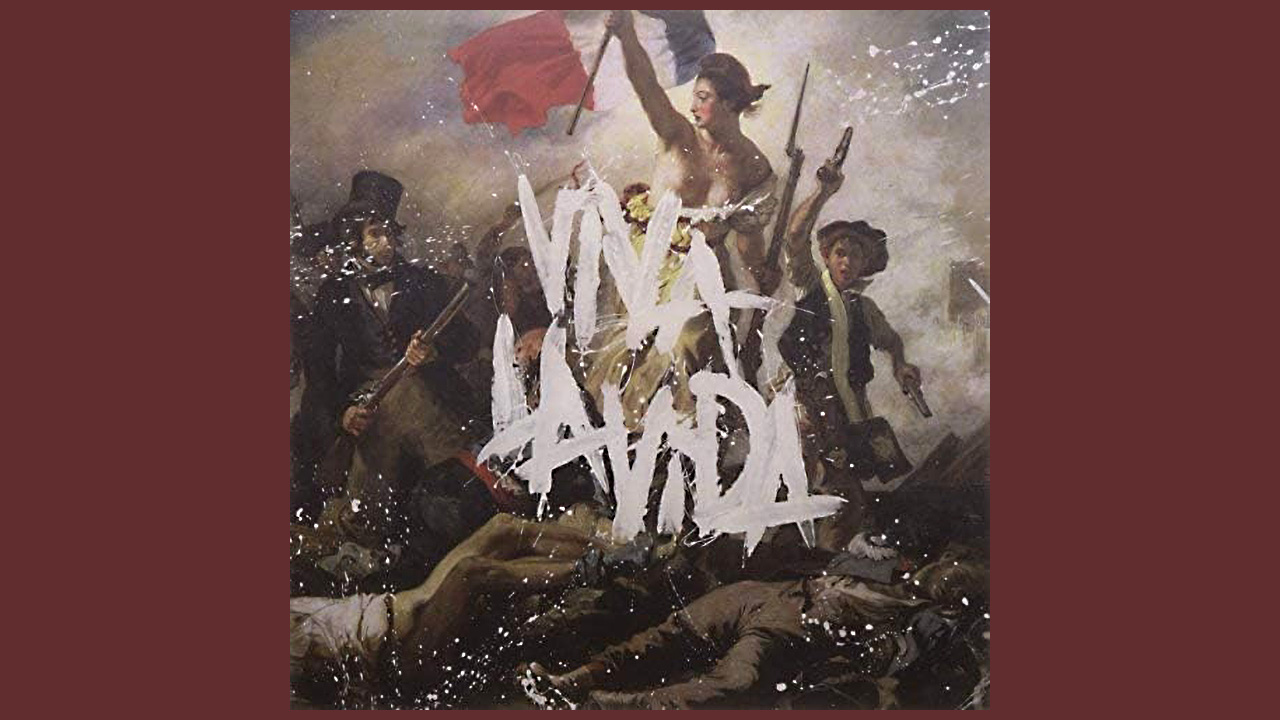“Not dissimilar to the sound Radiohead would later explore on King Of Limbs”: With the help of Brian Eno, Coldplay dipped into prog with Viva La Vida Or Death And All His Friends
The Grammy-winning track Viva La Vida remained unashamedly pop, but the rest of the 2008 record shows their experimental side

Over the first five years of the new millennium, Coldplay went from nobodies to one of the world’s biggest rock bands. Naturally, they were expected to continue cranking out radio-friendly hits with their fourth album – but instead, they sought to separate themselves from their opening trio of released by enlisting the leftfield production talents of Brian Eno.
From their flirtations with Afropop and tribal rhythms plus immersive electronic ambience and patient song structures, Eno’s sonic fingerprints are all over 2008’s Viva La Vida Or Death And All His Friends.
Interestingly, Chris Martin’s vocals don’t often sit as icing on top of this sonic cake. Rather, they’re buried in among its reverb- soaked sponge, giving it an almost psych-rock flavour. Each song is allowed to rest and rise in its own time, rather than rush to that first chorus – something every pop songwriter will tell you is imperative.
It makes repeat listens a rewarding experience, contrasting the fat-free, instantly engaging pop that had defined their career up until that point.
Densely layered instrumental Life In Technicolor, co-written with forward-thinking electronic artist Jon Hopkins, carefully foreshadows what’s to follow. Cemeteries Of London is equally dense but somehow finds space for Martin’s vocals to swim through its swathing textures.
Viva La Vida offered proof that Coldplay could never go wholly experimental
Lovers In Japan feels like watching a sunrise in slow motion. Its wall of droning guitars, skipping drums and shimmering tack piano, which coalesce for an acid-trip undercurrent, grows ever brighter as it progresses.
Yes, meanwhile sounds like a precursor to the kind of psychedelic pop that Tame Impala would make a career out of just a few years later, and comes complete with a powerful Eastern string motif. Halfway through its seven-minute playtime, it morphs into the hypnotic and uncredited track, Chinese Sleep Chant, with the band’s desire to surprise fans remaining strong.
Sign up below to get the latest from Prog, plus exclusive special offers, direct to your inbox!
It’s a far cry from the record’s only real out-and-out pop song, Viva La Vida, which follows. It went on to win Song Of The Year at the 2009 Grammy Awards, its success all the stranger by being the record’s black sheep – but offered proof that Coldplay could never go wholly experimental.
Hopkins returns on the final track, Death And All His Friends. It transcends its sparse beginnings for a brief frolic with stadium rock before Hopkins’ oscillating and atmospheric synths see out the track in a fashion not too dissimilar to the sound Radiohead would explore on King Of Limbs some three years later.
Working with Eno clearly sparked something within the band, as they reunited with him for the sci-fi rock opera of its successor, Mylo Xyloto. They then returned to the sombre pop of their early success for 2014’s Ghost Stories and haven’t looked back since.
Which makes Viva La Vida... something of an enigma in the pop giants’ discography – and a very intriguing one at that.
You can usually find this Prog scribe writing about the heavier side of the genre, chatting to bands for features and news pieces or introducing you to exciting new bands that deserve your attention. Elsewhere, Phil can be found on stage with progressive metallers Prognosis or behind a camera teaching filmmaking skills to young people.

